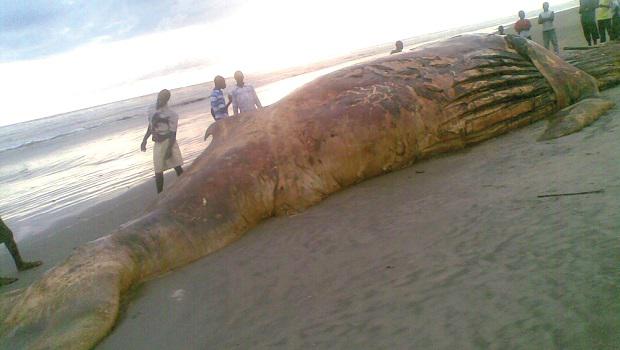Welcome
....to JusticeGhana Group

JusticeGhana is a Non-Governmental [and-not-for- profit] Organization (NGO) with a strong belief in Justice, Security and Progress....” More Details
The Realities Of Ghana’s Insecurity
- Details
- Category: Defence & Security
- Created on Monday, 27 October 2014 00:00
- Hits: 10832
 The Realities Of Ghana’s Insecurity
The Realities Of Ghana’s Insecurity
A Comparative Study of “What Does National Security Mean in the 21st Century: A Deliberative Discussion of America’s Role in the World,” Report by Jan Levinson; & The Notion of Security and the impact of load shedding, environmental degradation, sanitation, corruption and injustices in Ghana
ABSTRACT
Excerpts- Mrs. Jeannette Rankin’s 1929 Speech: “Today we not only know the world is round, but we know that we are living in the world, that we are no longer living in a community, state or nation; that whatever happens in one part of the world affects every other part sooner or later to a greater or lesser extent. Our communications are worldwide. Our banking and commercial and industrial institutions operate on the basis of a world unit. Today we are compelled to adjust ourselves to a fact that requires a much greater change in attitude than has ever been presented to the human race, and that is not only is the world round and we are living in the world, but there is enough to go around – enough food, raiment and shelter and leisure to go around. The United States has the potential power to feed the world. When there was not enough to go around certain conduct was of value to the individual. The savage, in obeying the savage laws, knowing that some had to starve said to himself, ‘Myself first, myself above all other, myself alone, myself right or wrong.’ Later groups said the same until larger groups called the nations, knowing some had to perish, said: ‘My State, my country first, my country right or wrong.’ New standards of conduct must be adapted to the changed condition… Today we must recognize that our security lies in providing security for all. Not only security against war but security against destitution. Surely with the ingenuity and genius of the people that can produce enough of this world’s good to go around, surely we have enough intelligence and goodwill to make it go around.”[1] Yet like all other known considerations, is Ghana’s overreliance on Nigerian gas not a national security threat?
INTRODUCTION
In our simplistic opinion, national security could mean things made or unmade to promote or compromise the safety and the security of the nation state. Things done or undone could transcend various levels of governance as well as among individuals within or across the State or country on whose safety or security is being sought. But Baylis & Sminth [2] write that most writers agree that defining security is a ‘contested concept’. There is consensus that it implies freedom from threats to core values (for both individuals and group) but there is a major disagreement about whether the main focus of enquiry should be on ‘individual’, ‘national’, or’ international security’. In the words of Walter Lippmann(ibid) ‘Nation is secure to the extent to which it is not in danger of having to sacrifice core values if it wishes to avoid war, and is able, if challenged, to maintain them by victory in such a war’. Arnold Wolfers [2] puts it this way: ‘Security, in any objective senses, measures the absence of threats to acquired values and in a subjective sense, the absence of fear that such values will be attacked’. Having said, we might be in a pole position to measure what constitutes a threat to Ghana’s core values.
- Prev
- Next >>




